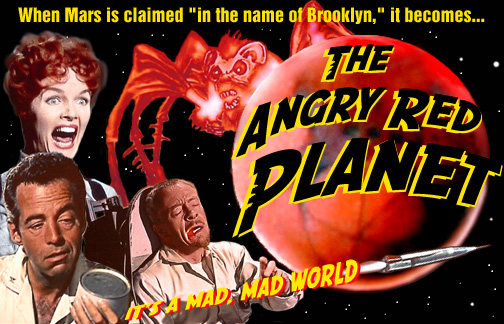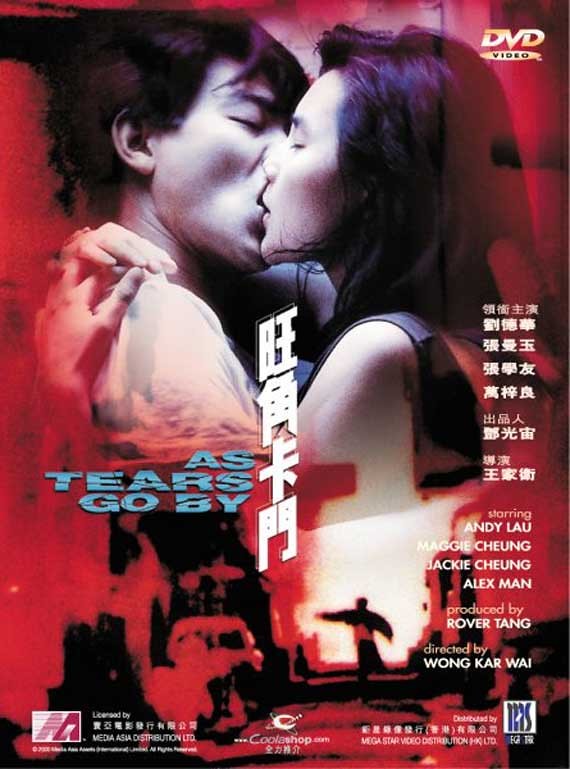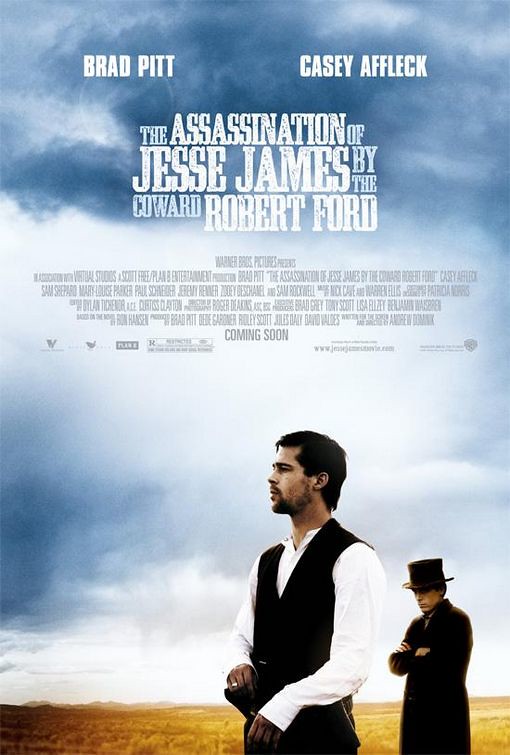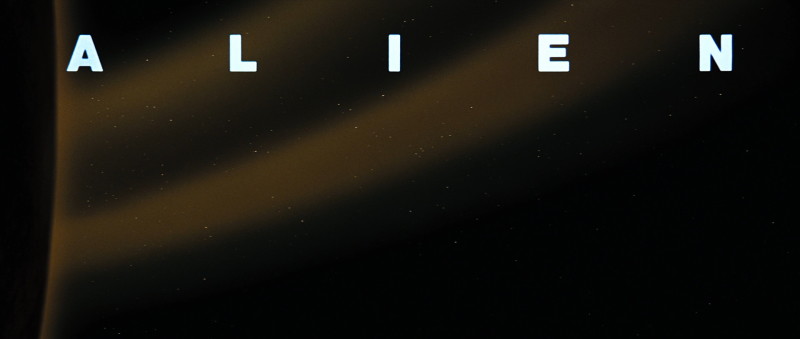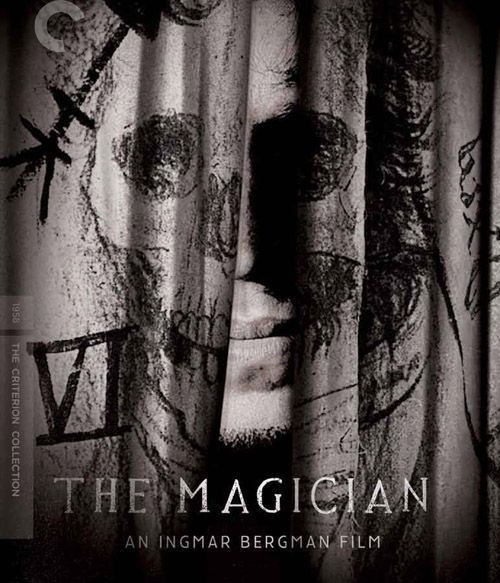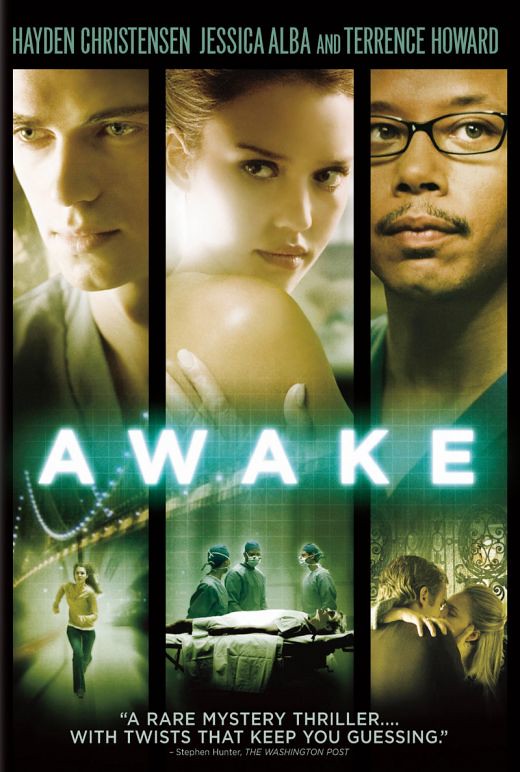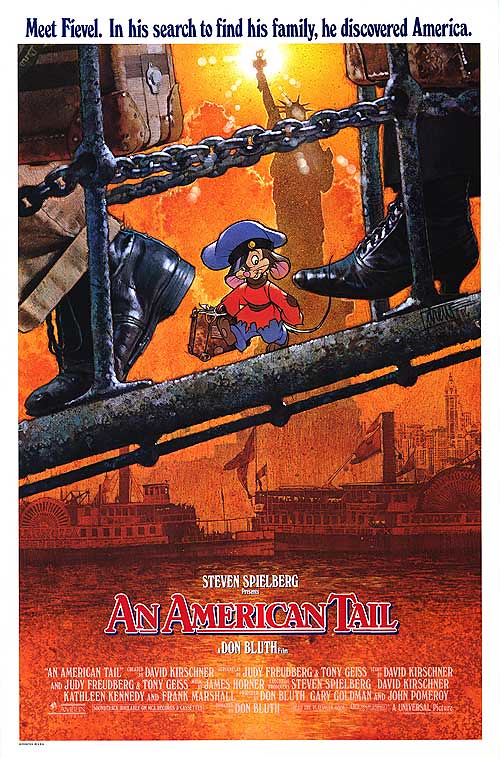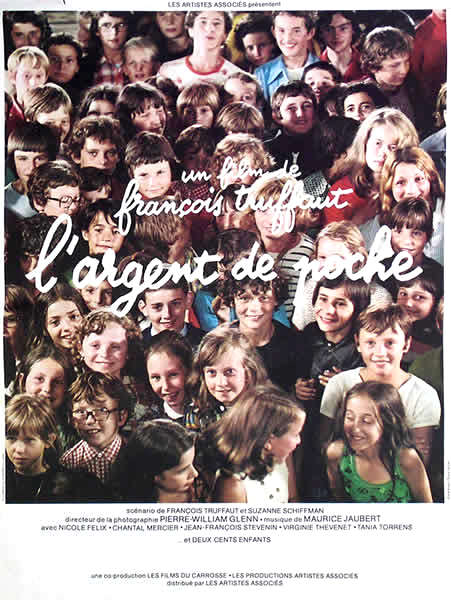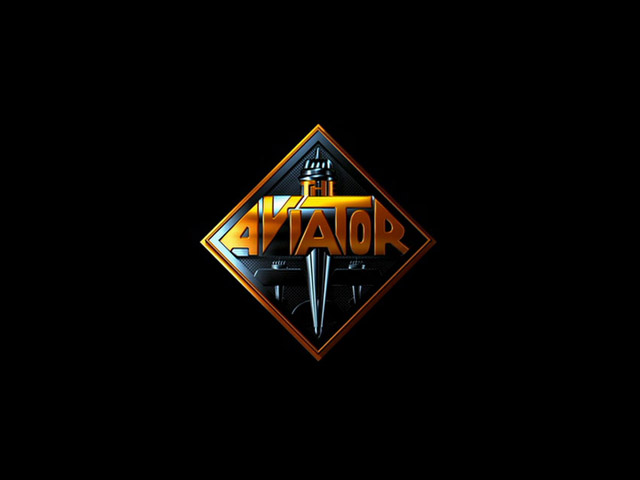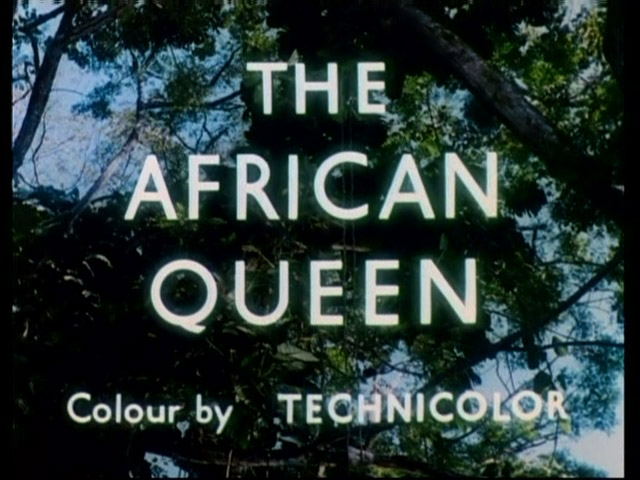
As it turns out, we couldn't have picked a better Mother's Day movie if we'd tried. Rewatching A.I. got me ranting about the intersection of Spielberg's sentimentalist exploration of the nature of family and Kubrick's analytical exploration of the nature of humanity (though not in those exact words), and about just how emotionally complicated the end is. (I mostly just read this article by Todd Alcott to Jen and then blathered for a while in the same vein.)
When I first watched this I kind of hated it, mostly for the seemingly endless parade of "final moments," which at the time I attributed to Spielberg trying to stitch a happy ending onto a crushing tale of Pinocchio learning that not only can he never be human, but that humanity's pretty rotten anyway. I now know the "2000 years later" ending was more or less exactly how Kubrick intended it, and when I watched the movie again later I started to see more and more how it had to be there.
A.I. is the story of the first robot who can love. It addresses the moral stickiness of making an immortal child, an immortal dependent who can never stop loving you, and it doesn't shy away from how hubristic, and uncompassionate humans can be, and how even our sentimentality is actually cruel, ruthless narcissism. It address the relationship between man and God, between art and artist, between parent and child, and it even boldly (and rightly) reverses those roles as we go.
But one of my favorite things is simply that it takes three interesting characters who are hard-wired into extremely specific functionalities (David the boy who loves Monica; Teddy the discreet conscience of his owner; and Gigolo Joe the sex-bot) and it takes them away from their worlds and forces them to adapt. Joe becomes ward of a child, and David grows in a strange sense from monomanic lover to obsessive dreamer. The end shows us that after humanity's extinction, robots will continue to evolve and adapt without us. In the slice of time we see within the rest of the story, with those three characters, we see it beginning to happen. The humanity displayed by the inhuman and the inhumanity displayed by the human makes an interested and sort of cynical-optimstic story.
The beginning works so well. The end, even, works so well. But David's journey through the World of Violence (the Flesh Fair) and the World of Sex (Rouge City) are too toothless and cartoony; both sequences begin disturbingly but soon collapse. Spielberg goes to some unusual and uncomfortable places here, but he isn't the right guy to go far enough with the sex and violence of an ugly world to really give it the kind of impact it should have had. Joe's sexbot-ness is well-portrayed but no more racy or sexual than a Hayes Code film, and apart from some lewdly shaped buildings, Rouge City comes off more like a polished-up Blade Runner Los Angeles with more neon and less ethnic diversity. And the Flesh Fair -- the visceral desperation and torment of the broken bots scavenging and being hunted by a madman in a giant Moon is wonderful, but the "violence and savagery" of the actual fair feels more like a Monster Truck Rally with suspiciously un-entertaining-looking robot-torture than it should have.
There's also a lot of really beautiful visually poetic moments and repeated imagery throughout. In fact I suspect every element, plot-point, and dramatic metaphor encountered along the way (including the crazy future-robot-architects) can be seen visually foreshadowed around Monica and Henry's house in the first hour of the story. It almost gives it that Alice-through-the-Looking-Glass feel, one of those stories where the hero crafts a twisted universe out of the elements around him. I want to say more about this, but as I said, it's Mother's Day, and now I'm running late to go spend time with mine.

